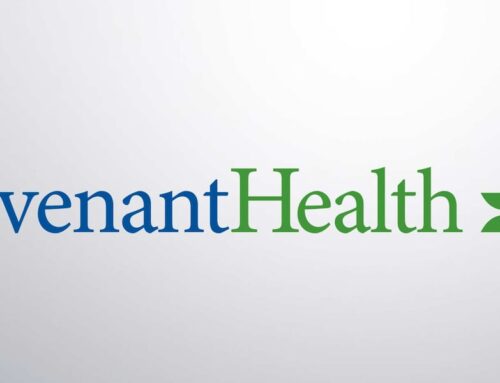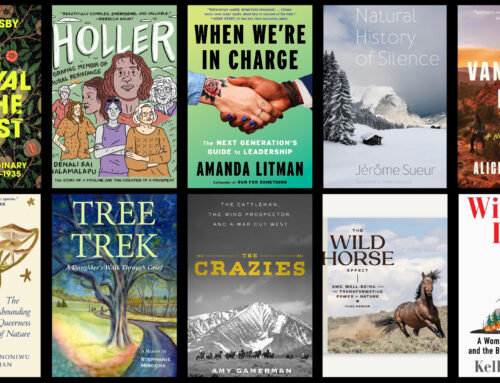Meta confident monopoly trial will end with win; experts aren’t so sure
May 28, 2025
After weeks of arguments in the Federal Trade Commission’s monopoly trial, Meta is done defending its decade-plus-old acquisitions of Instagram and WhatsApp—at least for now.
The seven-week trial ended Tuesday, with the FTC urging Judge James Boasberg to rule that a breakup is necessary to end Meta’s alleged monopoly in the “personal social networking services” market, where Meta currently faces sparse competition among other apps connecting friends and family. As alleged by the FTC, Meta’s internal emails laid bare that Meta’s motive in acquiring both Instagram and WhatsApp was to pay whatever it took to snuff out dominant rivals threatening to lure users away from Facebook—Mark Zuckerberg’s jewel.
Talking to Bloomberg, Meta has maintained that the FTC’s case is weak, seeking to undo deals that the FTC approved long ago while ignoring the competition Meta faces from rivals in the broader social media market, like TikTok. But Meta’s attempt to shut down the case mid-trial was rebuffed by Boasberg, who has signaled he will take months to weigh his decision.
In a statement, Meta’s spokesperson told Ars that Meta spent six weeks defending its deals while the FTC showed “that no deal is ever truly final.” Meta appears “confident” that the case will end in a win, Sruthi Thatchenkery, an assistant professor of strategy at Vanderbilt University’s Owen Graduate School of Management, told Bloomberg, noting that it’s “very hard to unwind a merger.”
“The only thing the FTC showed was the dynamic, hyper-competitive nature of the past, present, and future of the technology industry,” Meta’s spokesperson said.
Boasberg is not expected to hold closing arguments, The New York Times reported. Instead, Meta and the FTC will file follow-up briefings over the summer, after which Boasberg has said he will work “expeditiously” to arrive at a ruling on whether Meta’s purchases violated antitrust law. His ruling could come before the end of the year, Bloomberg reported.
It’s unclear which way Boasberg is leaning or if he would even require a breakup in the event of an FTC win. Bloomberg noted that the judge “will have some latitude to come up with his own solution,” perhaps finding “that only one of the deals was illegal” and requiring “only a sale of that service.” The FTC has also recommended requiring Meta to make its platforms interoperable with other platforms, which experts told Ars would spur competition by giving users an easy way to port their entire social network to a rival app if Meta’s apps become too degraded.
Experts note there’s also a chance the FTC and Meta reach a settlement before the verdict comes, although the FTC supposedly previously rejected Meta’s $1 billion settlement bid, The Wall Street Journal reported.
The FTC has said a breakup spinning off both apps is necessary, with a senior official last week telling press that the Meta case seemingly hits at the very heart of antitrust law, the NYT reported.
“This case presents a very important legal principle, which is that a firm that is a monopolist cannot acquire its most threatening competitors,” the FTC official said. “Antitrust law requires competition on the merits, even in digital markets, and it’s competition on the merits that drives innovation and ultimately helps consumers.”
Although the FTC has not commented on the trial ending, a spokesperson previously alleged that Meta’s entire defense came from “primarily its own self-interested executives and paid experts.”
Whichever side wins, the other side is expected to quickly appeal, and if the FTC wins, the trial will continue as Boasberg evaluates potential remedies. Meta—which the NYT described as putting its future in Boasberg’s hands—will likely defend its deals to the end, as “Instagram is now Meta’s biggest money maker in the US,” accounting for more than 50 percent of its ad revenue in 2025, The Guardian reported.
“Meta is a proud American success story, and we look forward to continuing to innovate and serve the people and businesses who love our services,” Meta’s spokesperson said.
Experts aren’t so sure Meta has clinched it
Boasberg has said that the key question he must answer is whether the FTC’s market definition is too narrow.
Arguing against the market definition, Meta has said that connecting friends and family isn’t even Meta apps’ “core use” anymore, as an evolving competitive social media landscape has forced Meta to turn its newsfeeds into discovery engines to rival TikTok. Justin Teresi, an antitrust analyst, told Bloomberg that because the FTC failed to show that users primarily come to Meta apps to connect with friends and family, it may have strengthened Meta’s case.
Rebecca Allensworth, a Vanderbilt law professor and antitrust expert, told Bloomberg that the “FTC’s narrowly defined market was always the weakest part of its case,” but the government “has done a nice job of minimizing that weakness” by showing that apps that don’t connect friends and family aren’t adequate substitutes for Meta’s apps.
“This was evident when Meta saw spikes in usage on holidays,” Allensworth suggested, which is perhaps “a sign people were turning to its products to connect with loved ones.”
Teresi thinks Meta has a 60 percent shot at winning the trial, although he criticized Meta’s seeming defense that any company competing for online ad dollars competes with Meta. That argument may have broadened the market definition too much, he suggested.
“If you’re saying that the relevant market here is competing for advertising dollars, then you could throw anything in there,” Teresi said. “You could throw TV in there, you could throw print in there if you wanted to, and there’s really no end to that concept.”
Allensworth was less confident in Meta’s chances, telling Bloomberg, “I really actually think this could go either way.”
Search
RECENT PRESS RELEASES
Related Post






